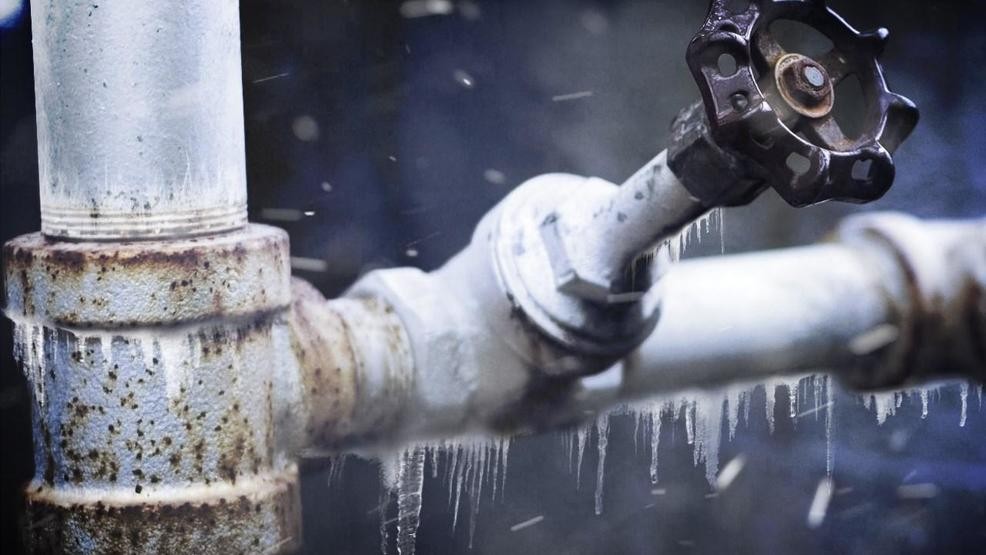This week on “Wonderful Water,” join Aaron Keck for a conversation with Shawn Stanley, distribution and collection systems coordinator at OWASA, and Leslie Chartier — a local culinary instructor and personal chef — about wintertime water precautions to avoid frozen pipes and proper disposal procedures for leftover grease and oil that often crops up during holiday cooking.
As temperatures drop and cold winter weather sets in, the status of pipes in your home is something to keep top-of-mind. After all, nothing ruins a holiday season quite like a broken pipe or costly repairs that also prevent kitchens and bathrooms from being used.
“Most homes have a master shutoff in their home closest to the hot water heater that you can isolate and cut the water off there,” said Stanley. “But if you’re unable able to find it — or you don’t have one — you can contact OWASA. We can come cut the water off. But we do have some recommendations … The greatest chance of freezing is in crawl spaces or in basements, stuff that’s unprotected, stuff that isn’t open to the heating elements of your home. What you can do there is just make sure all the air leaks are covered and that all ceilings are complete.”
According to Stanley, the old-fashioned fix of leaving a couple faucets dripping does indeed work — since running water has more trouble freezing — but there’s no substitute for keeping the temperature well-regulated and doing safety checks before and after especially cold days (or nights).
Frozen pipes aren’t the only holiday-adjacent hazard that can be relatively easily avoided, however. A great deal of festive holiday cooking involves oil and grease — which should never, ever be disposed of down the drain.
“Most of the time when the grease goes down, it’s hot. And then when it gets to the sewer lines and it gets cold, it begins to harden and can cause blockages at the nearby wastewater infrastructure and could cause overflows for the public sewer system,” said Stanley. “If it’s over a thousand gallons or if it reaches surface water, we have to report it through the state and then it can incur many great charges. Typical workload, you’re looking into the thousands of dollars. So, general rule, just don’t do that.”
Of course, there are some better solutions to the problem of grease and oil in the kitchen. Solutions that can prove to be creative and delicious in equal measure.
“Old-timey solutions are sometimes the best and the easiest,” said Chartier. “Reuse, recycle. You know grandma’s old bacon grease can? Get one. Use it, because you can reuse that oil, as long as you’re storing it in a cool dry place, and it’ll last for a really long time. If you’re doing bacon, save it. I use it in vinaigrette — there’s wonderful bacon vinaigrette that’s three parts oil, one part vinegar. So just use your vinegar of choice, add some honey, maybe some mustard and shallot, and then put warm bacon grease in it, pour it over your greens, and you will love it.”
You can listen below for the full conversation between Aaron Keck, Shawn Stanley Leslie Chartier below, and visit the Wonderful Water page here for more interviews with — and stories from — the people who keep our community growing by keeping the water flowing.
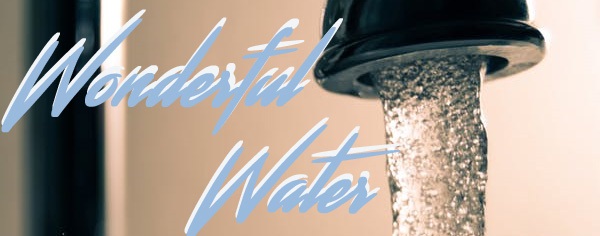 Chapel Hill and Carrboro residents use roughly 7 million gallons of water a day, and “Wonderful Water” is a monthly conversation sponsored by the Orange Water and Sewer Authority highlighting its work to keep our community growing and water flowing.
Chapel Hill and Carrboro residents use roughly 7 million gallons of water a day, and “Wonderful Water” is a monthly conversation sponsored by the Orange Water and Sewer Authority highlighting its work to keep our community growing and water flowing.
Podcast: Play in new window | Download
Subscribe:
Related Stories
‹
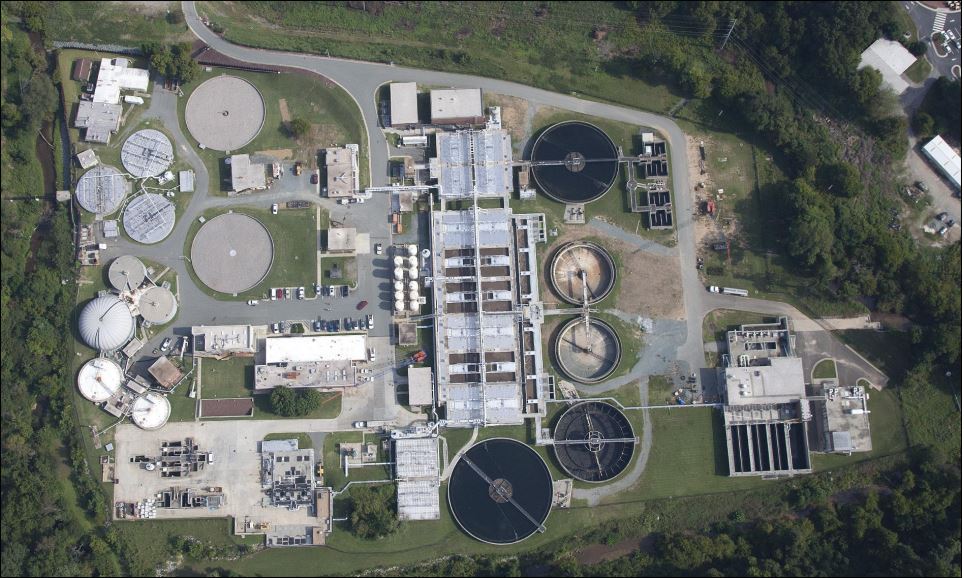
Wonderful Water: Wastewater Treatment and the Annual Report CardThis month on “Wonderful Water,” join 97.9 The Hill’s Brighton McConnell for a conversation with Wil Lawson, the operations supervisor at OWASA‘s Mason Farm wastewater treatment plant. Lawson discussed the annual OWASA Wastewater Report Card, which was just released for 2021. Each year, the report informs community members how well the treatment plants are meeting […]
![]()
Wonderful Water: Allison Spinelli for Wonderful WaterIn the newest edition of Wonderful Water, learn about the Orange Water and Sewer Authority's capital improvement projects. OWASA's Capital Projects Engineering Manager Allison Spinelli joins 97.9 The Hill's Brighton McConnell to share more about her team and several ongoing and upcoming projects in the community.
![]()
Wonderful Water: Stephen WintersAs budget season continues across our local government, the same is happening at the Orange Water and Sewer Authority. Director of Finance and Customer Service Stephen Winters joins 97.9 The Hill's Brighton McConnell to speak about how OWASA's proposed budget came together and how the community can share their thoughts on it.
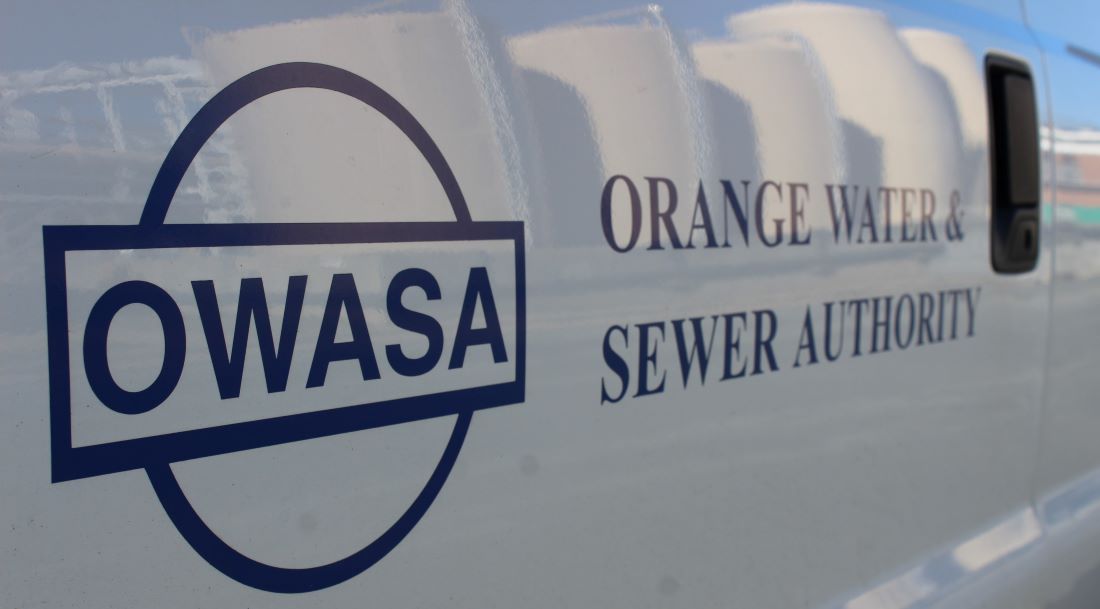
Wonderful Water: Preparing for Board AppointmentsFor this edition of “Wonderful Water,” two members of the Orange Water and Sewer Authority’s Board of Directors joined 97.9 The Hill’s Brighton McConnell on the air. Chair of the board Ray DuBose and Vice Chair Bruce Boehm shared details on how people interested in representing the community on OWASA’s board can get involved. The […]
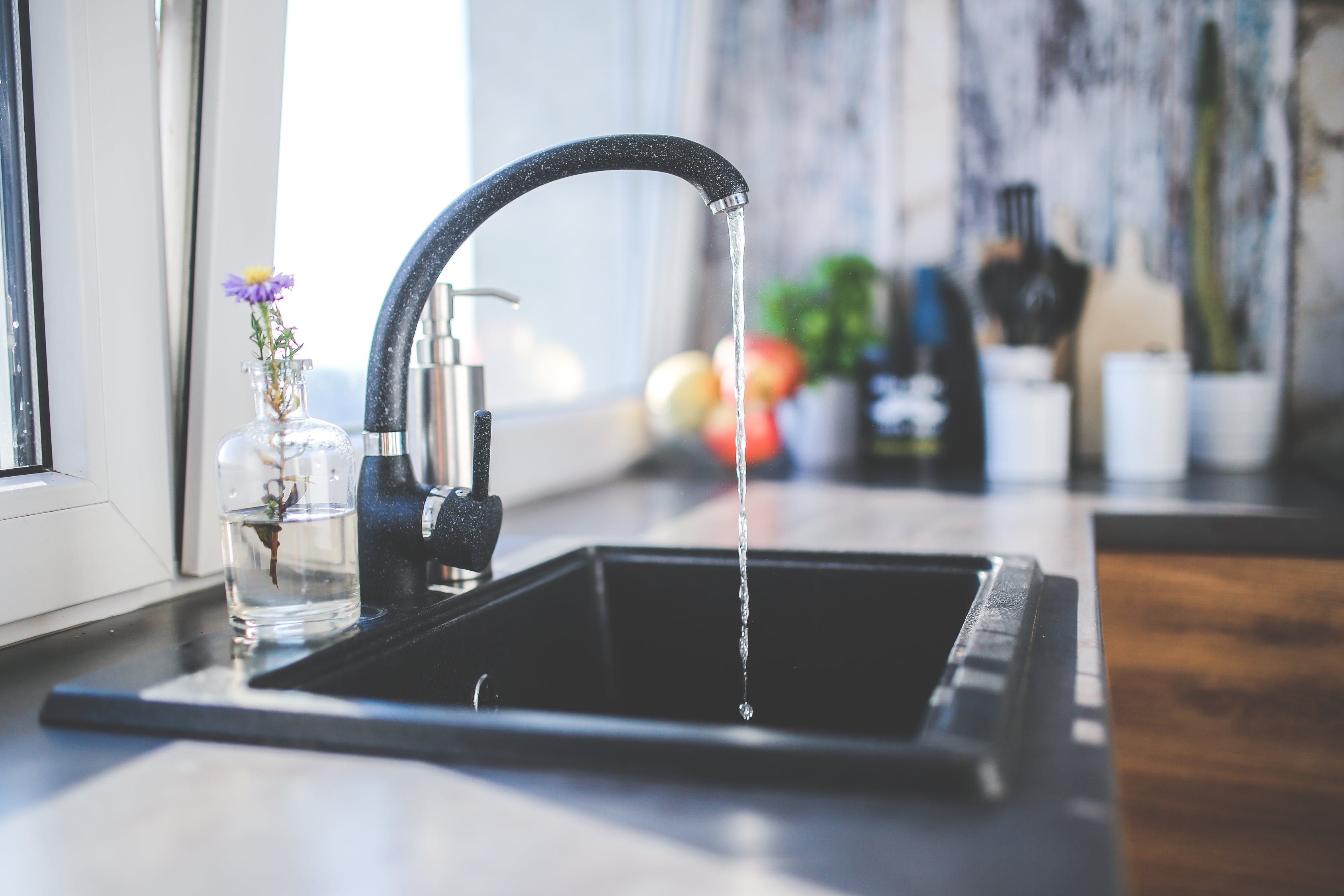
Wonderful Water: Care to Share DayThis month on “Wonderful Water” join 97.9 The Hill’s Aaron Keck for a conversation with Denise Battle, OWASA’s customer service manager, about the second annual Care to Share Day — happening on November 19 — and the opportunities the day provides to help those in our community who need it. “OWASA has been preparing for […]
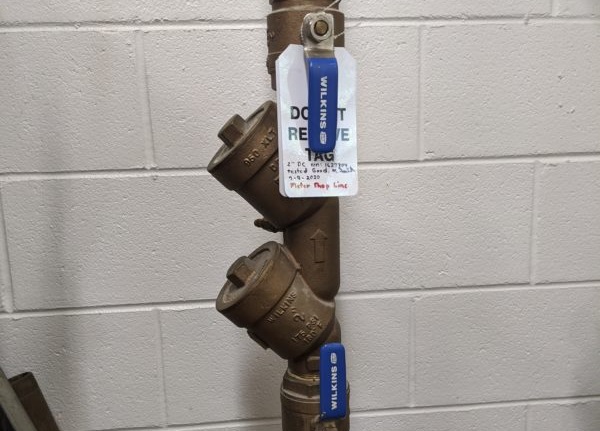
Wonderful Water: Protecting Our WaterThis month on “Wonderful Water” join 97.9 The Hill’s Aaron Keck for a conversation with Nick Rogers, distribution and collection systems assistant manager at OWASA, about the methods and protocols that keep our community’s water supply safe and sound. “That’s a big part of OWASA,” said Rogers. “We inspect and maintain our infrastructure here, trying […]
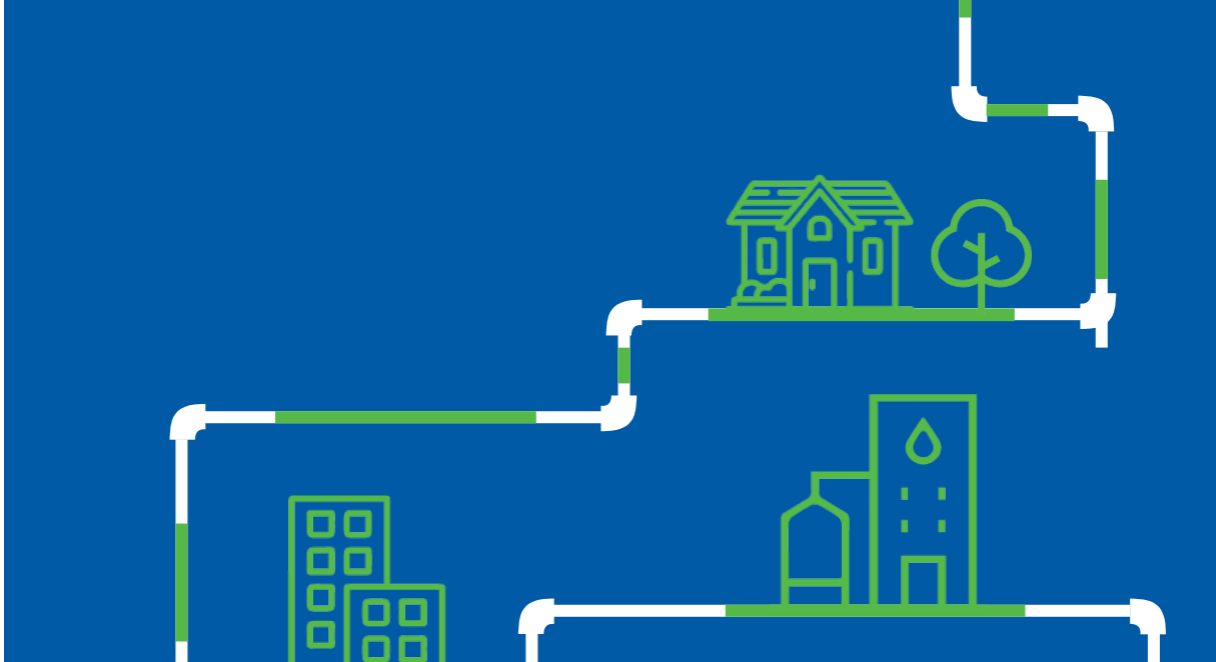
Wonderful Water: Jennifer Hunter & OWASA's Report CardThis month on “Wonderful Water” join 97.9 The Hill’s Aaron Keck for a conversation with Jennifer Hunter, laboratory supervisor at OWASA‘s Mason Farm wastewater treatment plant, for a discussion about the annual OWASA wastewater quality report card. According to OWASA, the roughly 3 billion gallons of wastewater treated every year has once again “met or […]
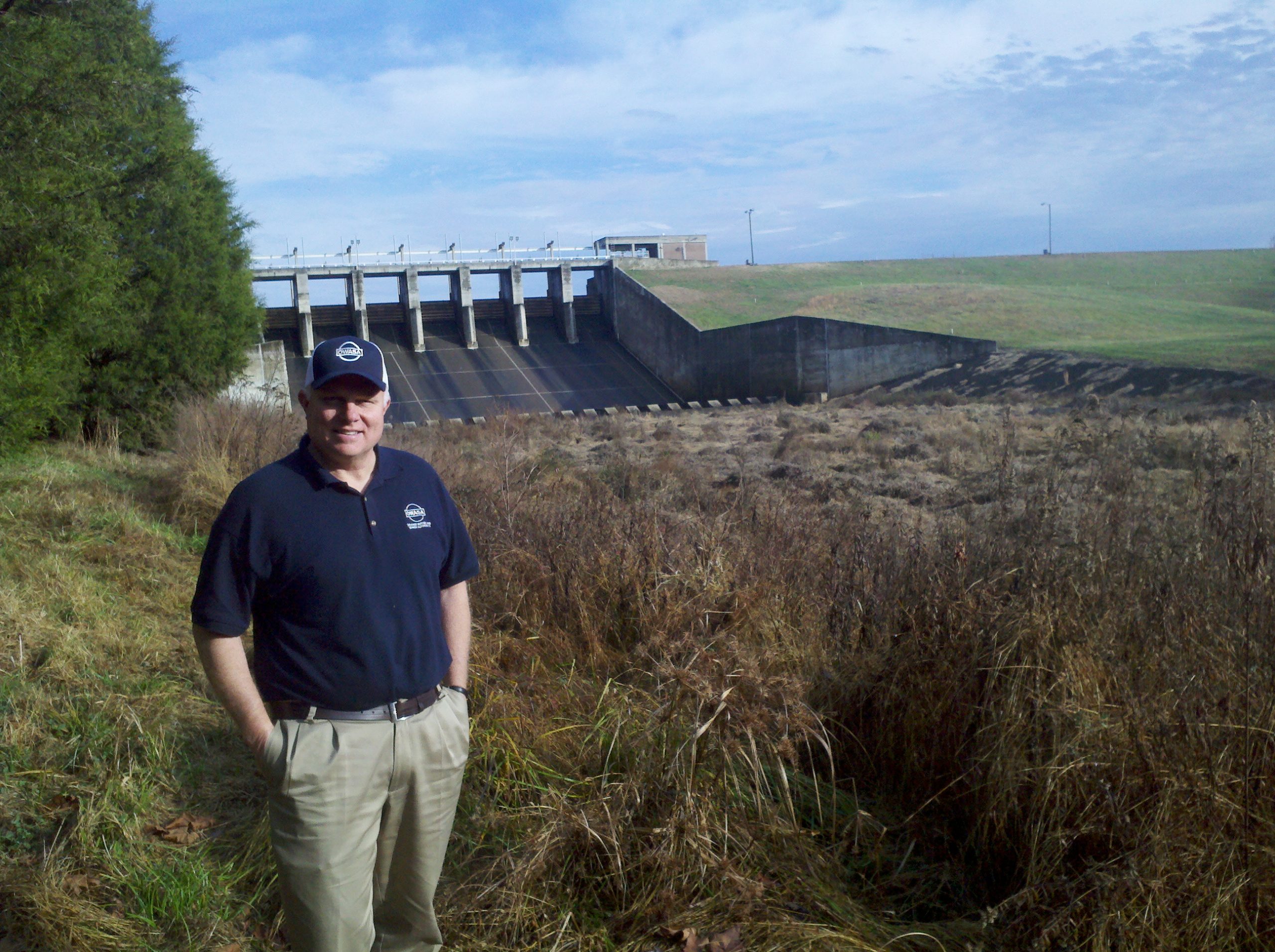
Wonderful Water: Ed Kerwin's OWASAAs Ed Kerwin retires from his 24-year tenure at OWASA as executive director, he joins 97.9 The Hill’s Aaron Keck for a conversation about his career and all the work it’s taken to keep the water running for over two decades. “I love my job as much today as I did 24 years ago,” said […]
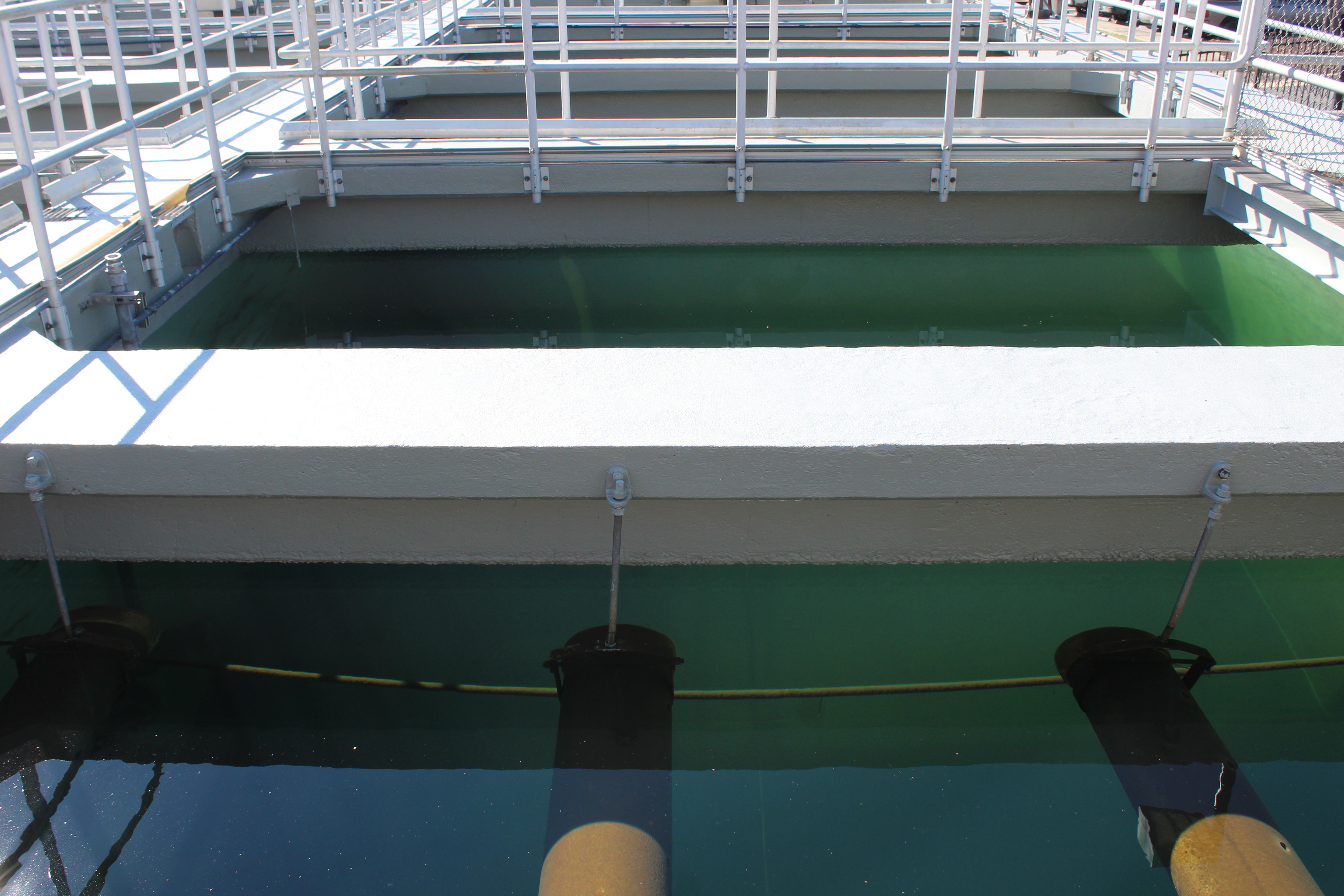
Wonderful Water: OWASA's Report CardThis week on Wonderful Water, join 97.9 The Hill’s Aaron Keck for a conversation with Katie Harwell, laboratory supervisor at OWSA’s water treatment plant on Jones Ferry Road, about OWASA’s latest round of in-depth water testing and the associated annual report card. According to Harwell, in the past year OWASA has met or surpassed all […]

Wonderful Water: Budgets and RatesThis week on Wonderful Water, join 97.9 The Hill’s Aaron Keck for a conversation with Stephen Winters, director of finance and customer service at OWASA, concerning OWASA’s financial planning in 2020. As OWASA prepares its annual budget to account for ensuring water service to its customers and the investment required to maintain roughly 700 miles […]
›
 Chapel Hill and Carrboro residents use roughly 7 million gallons of water a day, and “Wonderful Water” is a monthly conversation sponsored by the Orange Water and Sewer Authority highlighting its work to keep our community growing and water flowing.
Chapel Hill and Carrboro residents use roughly 7 million gallons of water a day, and “Wonderful Water” is a monthly conversation sponsored by the Orange Water and Sewer Authority highlighting its work to keep our community growing and water flowing.
